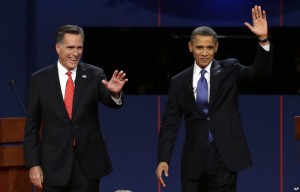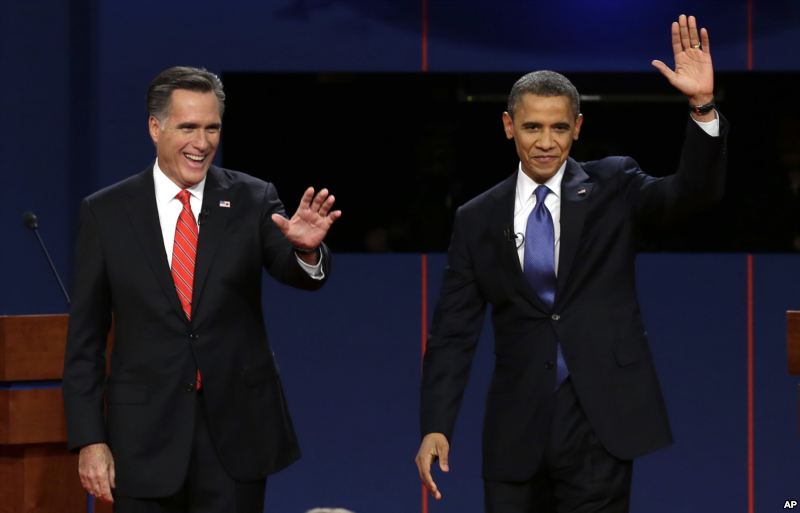
I remember the presidential election of 2008 as I remember all of the past American presidential elections during my life: with a vague sense that something important was happening, but never fully grasping the significance of it. I guess being young and separated from the center of action by a couple of oceans will do that to you. In 2010, I left India to come and study in Boston, which has been my vantage point for the 2012 election thus far.
Being an international student here during such a momentous period of time has been eye-opening to say the least. Coming from a country whose head of state and head of government are two different entities, the concept of a campaign that pervades daily life as profoundly this one does every four years is, for lack of other words, foreign. But when you’re in the interesting position of being on the inside, looking out, after having experienced the vice versa, as is the case of most international students, it’s hard to remain a mere spectator.
“I’ve definitely been following and watching the debates, and the main reason is globalization. What happens in one country can, and will, affect others,” said Farida Machia (CAS ’13), originally from Cameroon. It is striking to note that every election period is met not only with national anxiety, but the bated breaths of international spectators all over the world.
“Unfortunately, because of economic and political ties, people care about what happens in the United States,” opined Hannah Patnaik (CAS ’14), an international relations major from Vienna, Austria.
Patnaik, who interned in Washington D.C. over the summer, feels that her interests align with the Democratic Party: “A Democrat president is more likely to administer financial aid to other countries. A Republican president would focus more on domestic issues.”
But how much aid is too much? What does “aid” even mean anymore?
There’s a lot of debate over the extent of America’s international involvement. While countries like India hope to maintain good relations with the new American president, there has been a marked loss of faith in the U.S. elections as compared to 2008.
Onlookers from Nigeria to France, according to testimonies from CNN’s international coverage, are following the election purely for the entertainment value and the sensationalism as opposed to actual political investment. Indeed, the overarching international mood appears to be one of disillusionment.
Obama’s campaign in the 2008 election encouraged high hopes in the people of Pakistan for the betterment of their economy. There is now a sense of resignation as the country is still in the same state of political unrest and economic strife in which it was before.
On the other hand, countries in the EU such as Greece now view America with a sort of kinship that has been brought about by common economic troubles in the light of the recession. In short, this election just doesn’t seem to hold the weight other elections have held.
Indeed, the popular opinion amongst international students in the way of foreign policy seems to be in favor of one thing:
“America needs to stop taking advantage of other countries,” said Maria Sibaja (CAS ’14). Sibaja is an American citizen, but was brought up in Central America.
“It aggravates me that [the American government] pursues self-interest under the auspices of aiding the other country,” Patnaik seconded.
And yet there are still some hopeful voices:
“Africa is a huge growing economic power. It’s important to have someone who understands that and is willing to take advantage of that but at the same time make Africa better,” said Machia.
However, as evidenced by the third and last presidential debate, foreign policy doesn’t appear to be high on either candidate’s to-do lists. Both Obama and Romney made it clear that it’s the economy that takes precedence, giving voice to public opinion that it is currently the country’s most urgent problem.
It remains to be seen what the best course of action is given so many differing opinions, and, of course, the impending election. But while global opinions continue to fluctuate and the nature of attention spans range from amused to apathetic, the bottom line is that yes, it still matters. And every vote counts. And sometimes it takes the weight of the world for the message to hit home.



